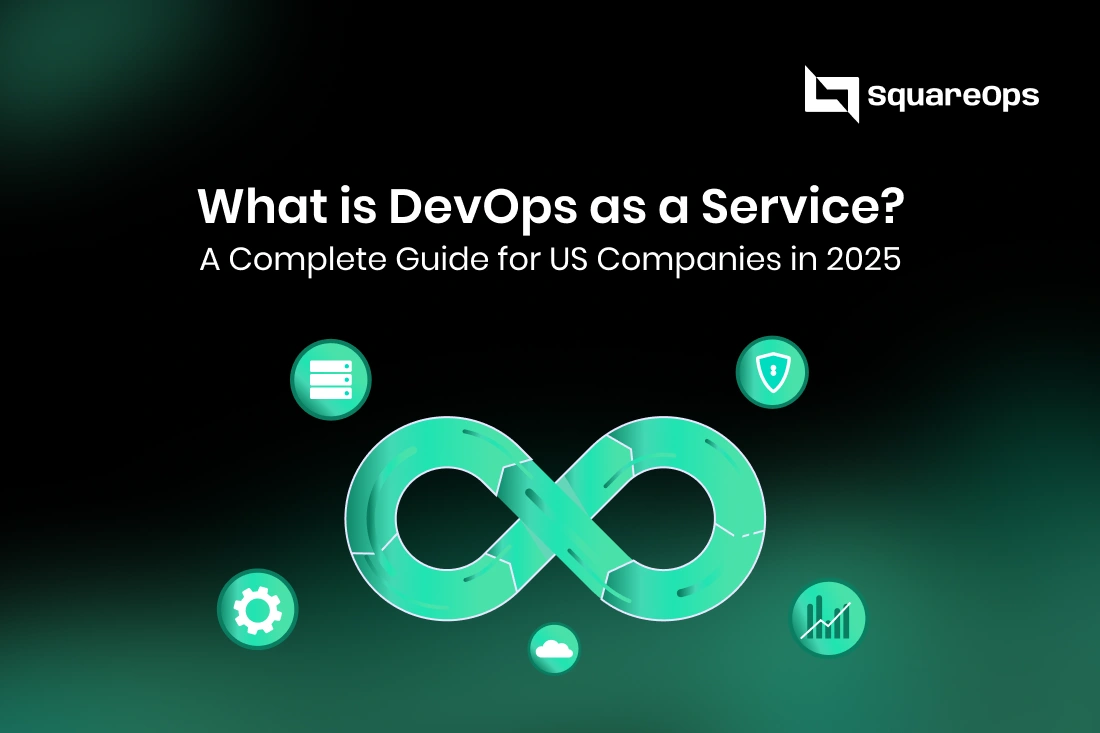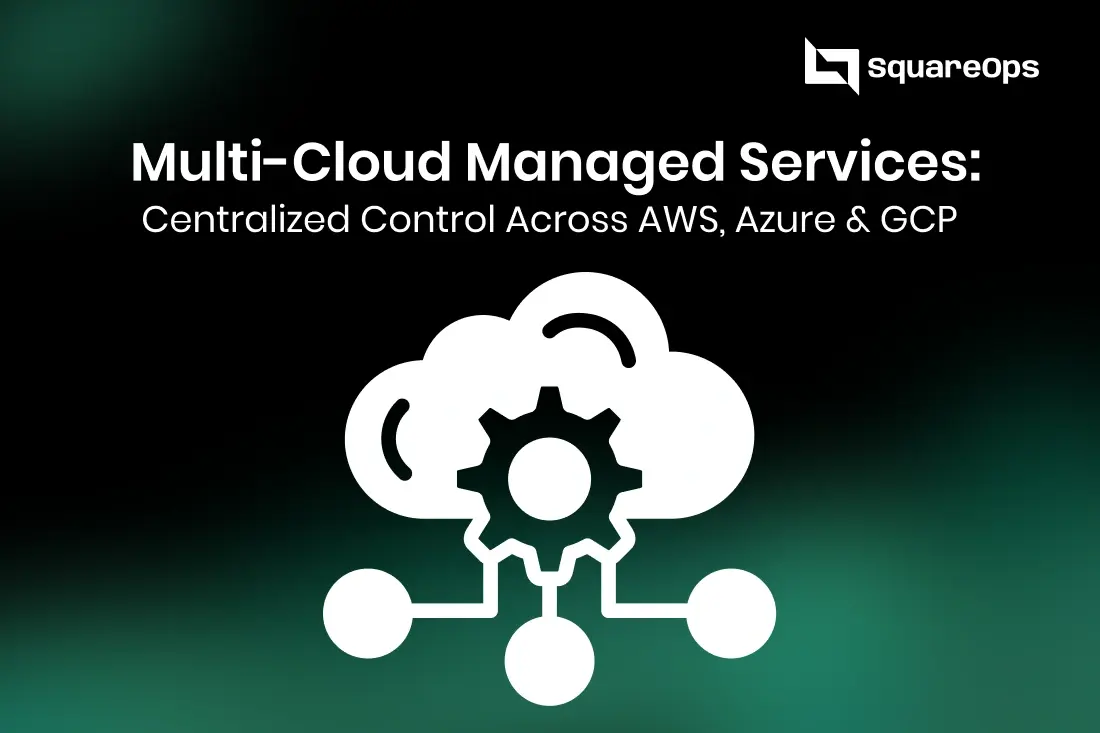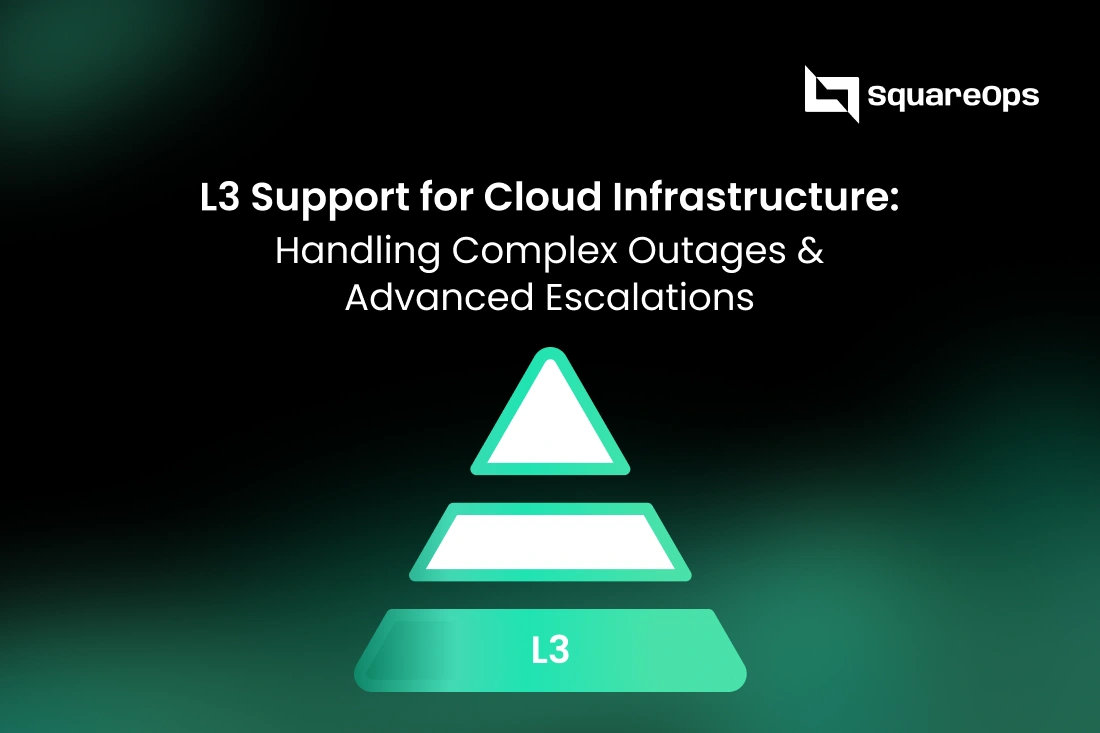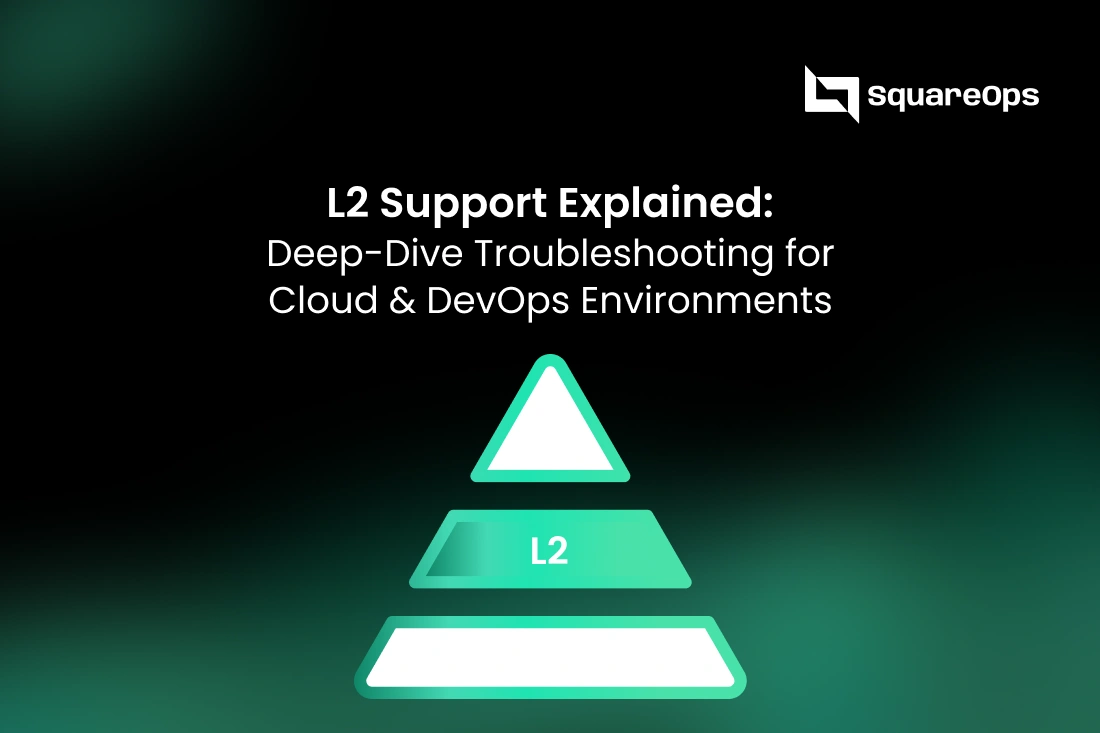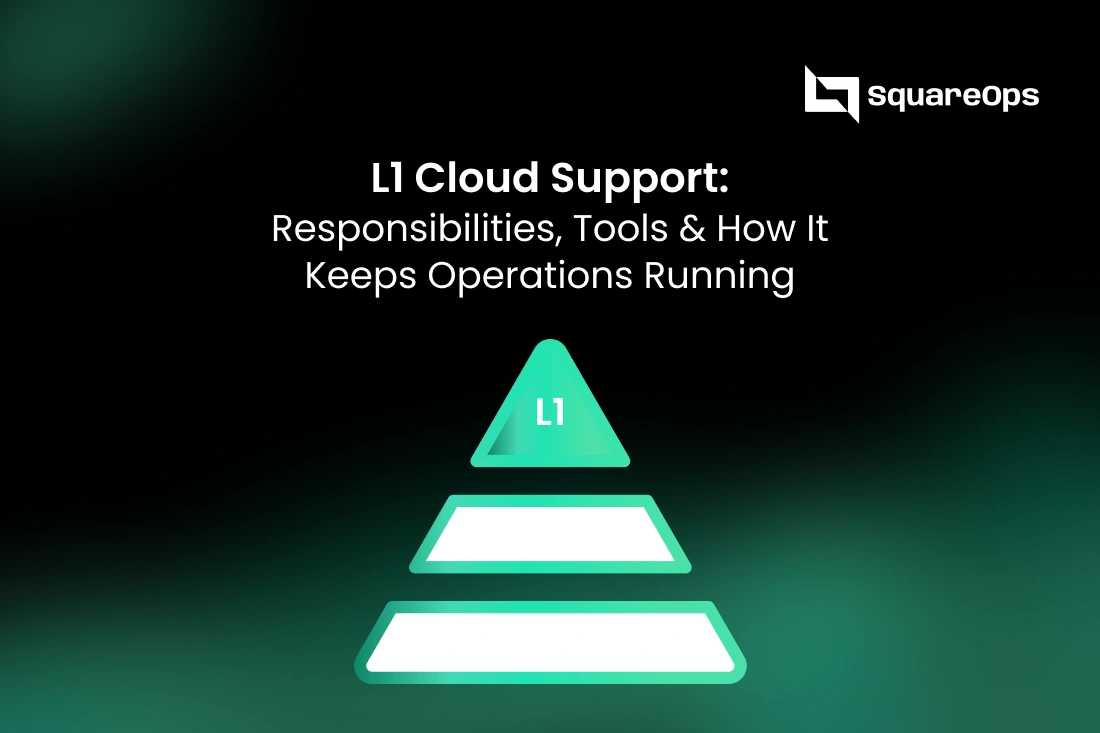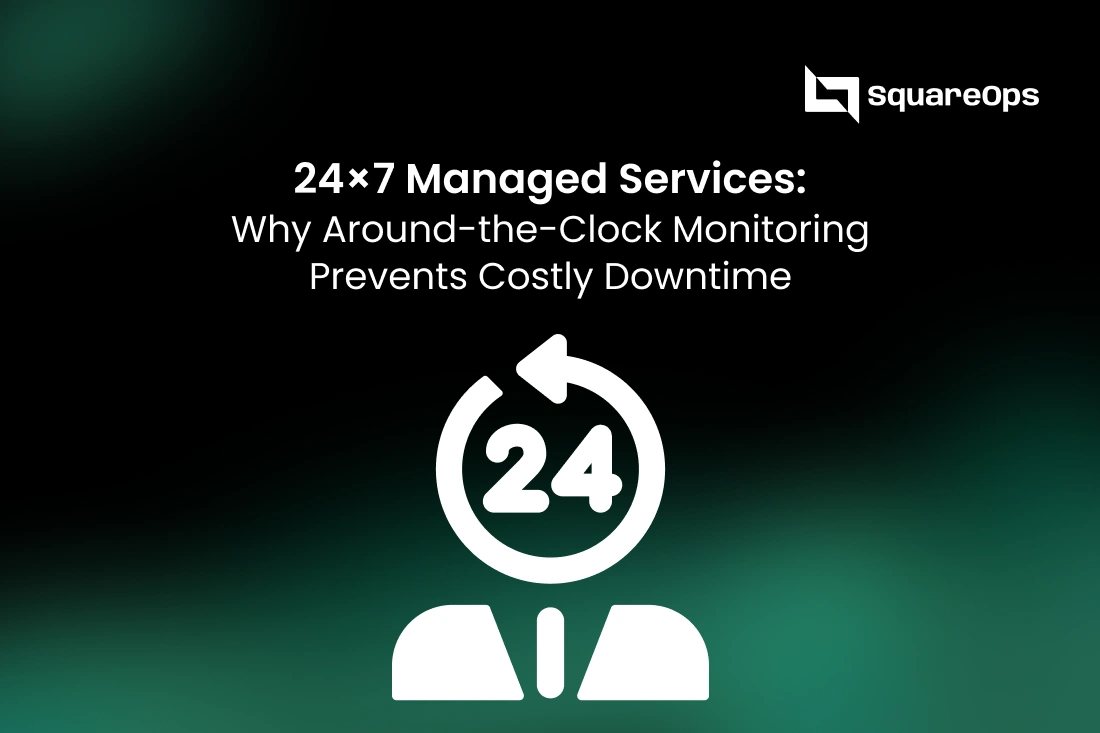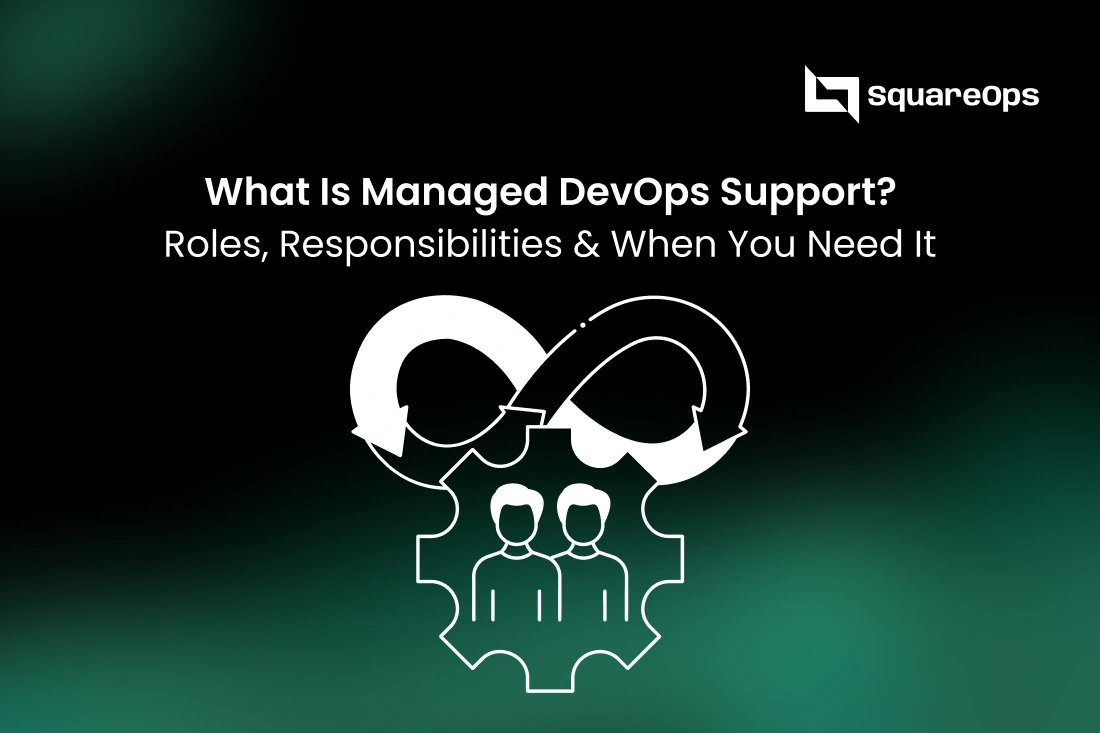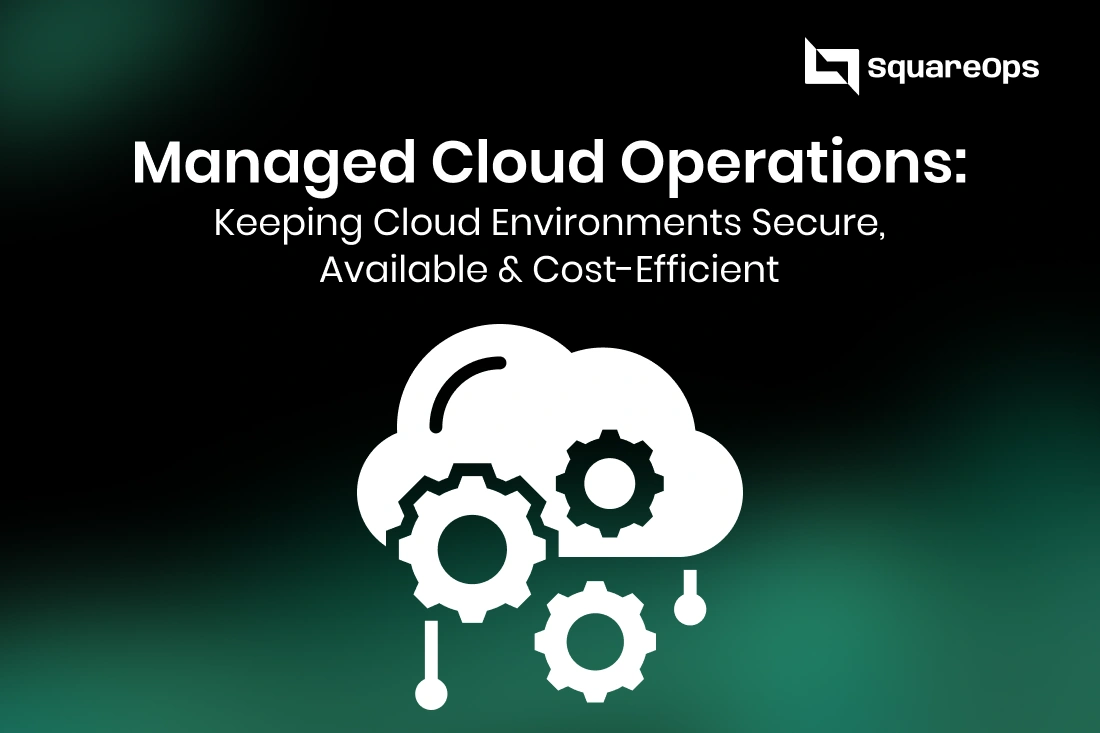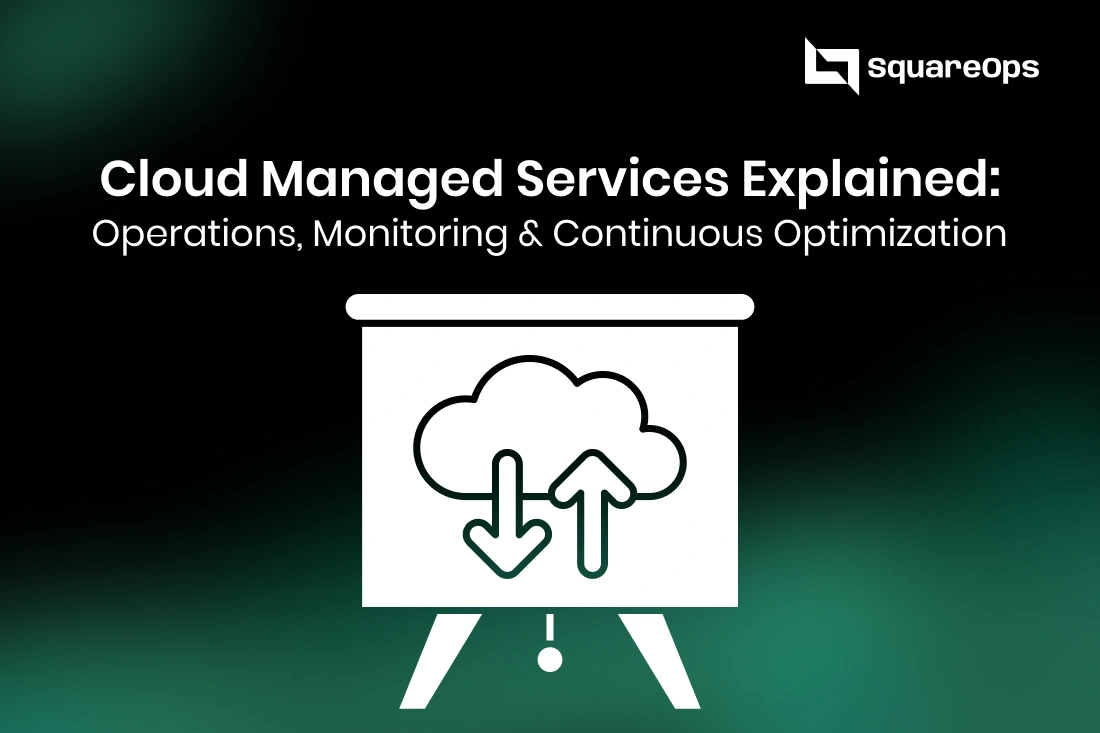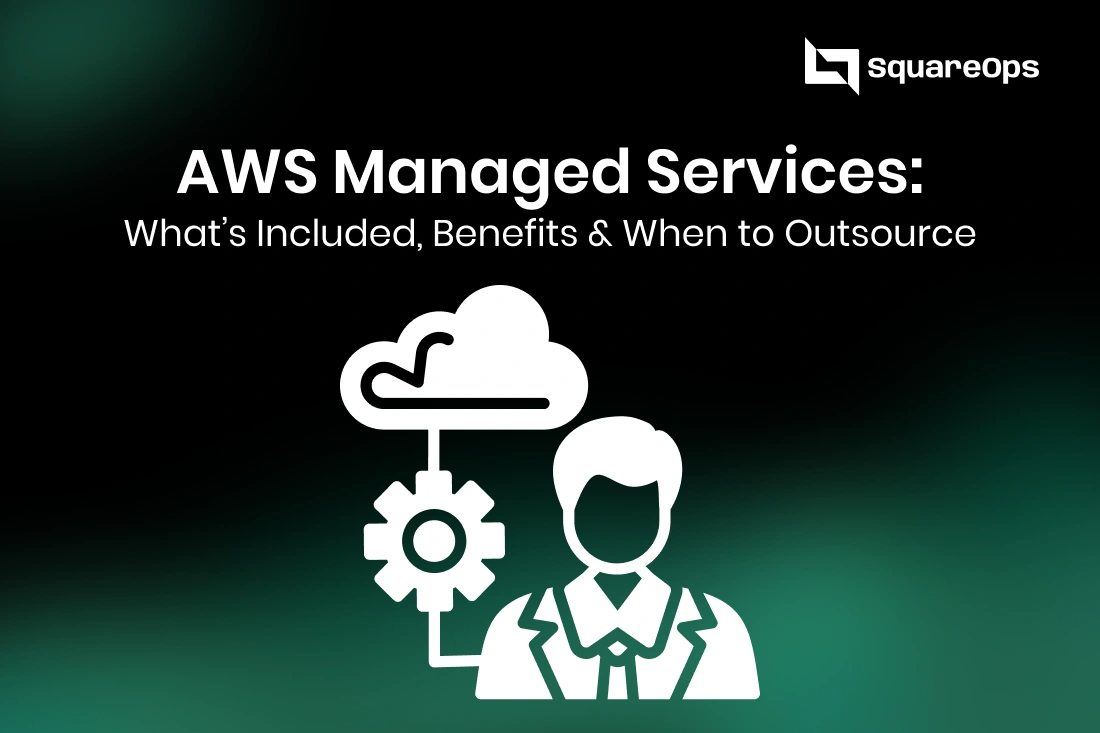DevOps as a Service (DaaS) is transforming how US companies scale in 2025. From CI/CD automation to Kubernetes, security, and cost optimization, discover why outsourcing DevOps helps SaaS startups, enterprises, and fintech achieve faster growth, compliance, and reliability while cutting costs.
The technology landscape in the US is evolving at lightning speed. SaaS companies, startups, and enterprises are under immense pressure to deliver software faster, more securely, and at scale. Traditional IT practices no longer meet the demand for rapid innovation, leaving companies searching for a modern solution. That solution is DevOps as a Service (DaaS).
In simple terms, a DevOps service is a managed solution that helps businesses automate software delivery, streamline operations, and maintain security all without the need for a large, in-house DevOps team. In 2025, this model is gaining unprecedented traction, especially among US businesses seeking agility, scalability, and cost savings.
This article will walk you through everything you need to know about DevOps as a Service, including its components, benefits, comparisons with in-house DevOps, and why it’s the future of software delivery for US companies.
What is DevOps as a Service?
At its core, DevOps as a Service (DaaS) refers to outsourcing your DevOps needs to a specialized provider. Instead of building, managing, and maintaining an internal DevOps team, companies can leverage external experts who handle:
- Continuous integration and delivery (CI/CD) pipelines
- Cloud infrastructure management
- Kubernetes orchestration
- Monitoring and observability
- Security and compliance frameworks
Unlike traditional DevOps, which requires hiring dedicated engineers, purchasing tools, and managing complex workflows, DevOps service providers offer all of this as a managed, subscription-based model.
For example, imagine a US-based SaaS startup that wants to scale from 500 to 50,000 users within a year. Building an in-house DevOps team might take months and cost hundreds of thousands of dollars. By choosing a DevOps service, they gain instant access to scalable infrastructure, automated deployments, and 24x7 monitoring without the heavy overhead.
Why DevOps Service is Crucial in 2025
There are several reasons why DevOps services are becoming indispensable for US companies in 2025:
- Talent Shortage – Skilled DevOps engineers in the US command salaries upwards of $140k annually. Outsourcing provides access to experts without recruitment struggles.
- AI and Automation Adoption – Companies now demand faster releases, AI-driven testing, and predictive monitoring. Providers deliver these innovations instantly.
- Security & Compliance – With stricter regulations (SOC2, HIPAA, GDPR), businesses need DevSecOps baked into workflows. Service providers offer compliance-ready environments.
- Business Continuity – 24x7 monitoring and self-healing infrastructure reduce downtime, which is critical for SaaS companies relying on uptime guarantees.
For US organizations, choosing DevOps as a Service isn’t just about efficiency it’s about survival in an intensely competitive digital market.
Key Components of a DevOps Service
A reliable DevOps service provider typically offers a suite of solutions that cover the entire software delivery lifecycle.
- CI/CD Pipeline Management
- Automates code testing, integration, and deployment.
- Ensures faster and more reliable software releases.
- Automates code testing, integration, and deployment.
- Infrastructure as Code (IaC)
- Tools like Terraform, Pulumi, or AWS CDK enable automated infrastructure provisioning.
- Eliminates manual configuration errors and speeds up scaling.
- Tools like Terraform, Pulumi, or AWS CDK enable automated infrastructure provisioning.
- Cloud & Kubernetes Management
- Supports AWS, Azure, GCP, and hybrid environments.
- Simplifies container orchestration, scaling, and resilience.
- Supports AWS, Azure, GCP, and hybrid environments.
- Monitoring & Observability
- Real-time dashboards track performance, uptime, and anomalies.
- Advanced AIOps detects issues before they impact end-users.
- Real-time dashboards track performance, uptime, and anomalies.
- Cloud Security & Compliance
- Integration of DevSecOps practices ensures secure pipelines.
- Providers assist with audits, logging, and regulatory requirements.
- Integration of DevSecOps practices ensures secure pipelines.
- Cost Optimization (FinOps)
- Intelligent cloud resource allocation saves 20–40% in expenses.
- Crucial for US SaaS businesses operating on thin margins.
- Intelligent cloud resource allocation saves 20–40% in expenses.
These components work together to deliver end-to-end automation, scalability, and reliability the foundations of modern software delivery.
Benefits of DevOps Service for US Companies
Adopting a managed DevOps service offers significant advantages, particularly for US startups, SaaS firms, and enterprises.
- Faster Time-to-Market
Automated CI/CD pipelines accelerate deployment cycles, helping companies release features in days, not months. - Scalability on Demand
Kubernetes and cloud-native solutions enable companies to handle sudden traffic surges without downtime. - Security-First Approach
With DevSecOps, every stage of software delivery integrates vulnerability checks, encryption, and compliance controls. - Cost Savings
Building an in-house DevOps team in the US can cost $500k+ annually. Outsourcing drastically reduces overheads while delivering 24x7 support. - Access to Expert Engineers
Providers offer immediate access to senior engineers with years of cross-industry experience. - Competitive Advantage
Faster releases, fewer outages, and optimized costs mean companies can outpace rivals in the SaaS and enterprise tech markets.
DevOps Service vs In-House DevOps: A Comparison
Here’s how DevOps service stacks up against building an internal team:
Feature | In-House DevOps | DevOps as a Service |
Setup Time | 6–12 months | Immediate |
Cost | $500k+ annually | Flexible subscription |
Scalability | Limited | On-demand |
Compliance Support | Manual audits | Built-in frameworks |
24x7 Monitoring | Expensive | Included |
Expertise | Limited to hires | Cross-industry teams |
This comparison highlights why US companies are increasingly shifting to managed DevOps providers faster results, lower costs, and higher resilience.
How to Choose the Right DevOps Service Provider in 2025
With dozens of providers in the market, US companies must carefully evaluate their options. Here are 7 critical factors to consider:
- Cloud Expertise – Does the provider specialize in AWS, Azure, or GCP?
- Kubernetes Mastery – Can they handle large-scale orchestration?
- Security & Compliance – Do they support SOC2, HIPAA, GDPR?
- Proven Track Record – Look for case studies in SaaS and enterprise sectors.
- 24x7 Support – Essential for uptime guarantees.
- Transparent Pricing – Avoid hidden costs.
- Future-Ready Tech – Do they leverage AI-driven monitoring and automation?
Tip: US SaaS companies should partner with providers like SquareOps, which specialize in automation-driven DevOps tailored for fast-scaling businesses.
Real-World Use Cases of DevOps Service in the US
- SaaS Startup Scaling
- A SaaS product scaled from 1,000 to 50,000 users in 9 months by leveraging automated CI/CD pipelines and Kubernetes.
- A SaaS product scaled from 1,000 to 50,000 users in 9 months by leveraging automated CI/CD pipelines and Kubernetes.
- FinTech Compliance
- A US-based FinTech achieved SOC2 and HIPAA compliance by integrating DevSecOps practices through a managed service.
- A US-based FinTech achieved SOC2 and HIPAA compliance by integrating DevSecOps practices through a managed service.
- Cloud Cost Savings
- An enterprise reduced cloud spending by 35% using FinOps automation provided by their DevO5ps partner.
These examples prove that DevOps service isn’t just a theoretical advantage it delivers measurable results.
Future of DevOps as a Service: AI + Automation
Looking ahead, the future of DevOps service lies in AI-powered automation. By 2025 and beyond, we will see:
- Predictive Monitoring – AI detecting anomalies before outages.
- Self-Healing Infrastructure – Systems that automatically fix issues.
- AI-driven FinOps – Machine learning optimizing cloud costs in real-time.
- Compliance Automation – AI ensuring regulatory standards are met continuously.
For US companies, this means even greater efficiency and reliability.
Conclusion
In 2025, DevOps as a Service has moved from being a “nice-to-have” to an absolute necessity for US companies. It enables startups to scale faster, enterprises to stay compliant, and SaaS companies to deliver exceptional customer experiences all while keeping costs in check.
If your business is still relying on traditional IT workflows or struggling with in-house DevOps, now is the time to embrace DevOps services.
At SquareOps, we specialize in helping US SaaS and enterprise companies accelerate growth with automation-driven DevOps. From CI/CD pipelines to Kubernetes, security, and cost optimization we’ve got you covered.
Ready to scale faster? Contact SquareOps today and make DevOps your competitive edge.
